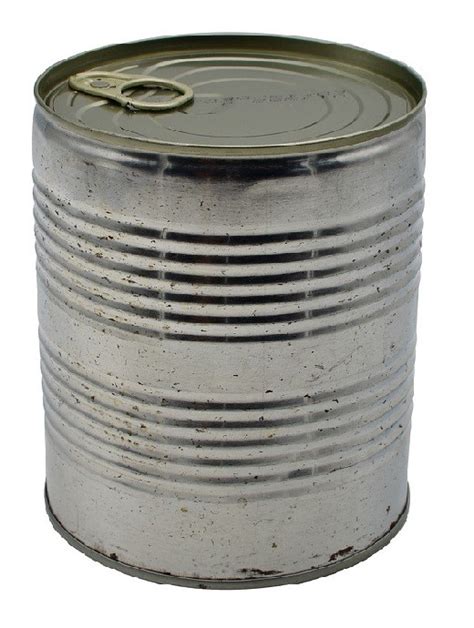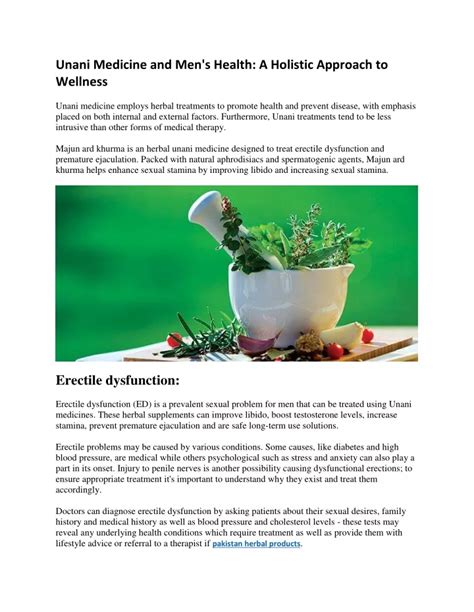How can men naturally boost testosterone for peak energy, focus, and vitality?

Unlocking Your Natural Potential: The Quest for Optimal Testosterone
Testosterone, often hailed as the cornerstone of male health, plays a pivotal role far beyond just muscle mass and libido. Optimal levels are intimately linked to a man’s overall energy, cognitive function, mood, and vitality. In a world where declining testosterone is a growing concern, many men are seeking natural, sustainable ways to revitalize their hormonal balance. This article delves into evidence-based strategies to help you naturally elevate your testosterone, empowering you to reclaim peak performance in all aspects of life.

The Foundational Pillars: Diet and Nutrition
What you eat directly impacts your hormonal symphony. To naturally boost testosterone, focus on a whole-food diet rich in specific nutrients:
- Healthy Fats: Cholesterol is a precursor to testosterone. Incorporate monounsaturated and saturated fats from sources like avocados, olive oil, nuts, seeds, and quality animal products. Avoid trans fats.
- Protein Power: Adequate protein intake is crucial for muscle building and hormone production. Aim for lean proteins such as grass-fed beef, chicken, fish, eggs, and legumes.
- Micronutrient Superstars:
- Zinc: Essential for testosterone synthesis. Found in oysters, red meat, pumpkin seeds, and beans.
- Vitamin D: More a hormone than a vitamin, Vitamin D is strongly correlated with testosterone levels. Get sunlight exposure and consume fatty fish, egg yolks, or fortified foods.
- Magnesium: Plays a role in free testosterone levels. Rich sources include leafy greens, nuts, seeds, and dark chocolate.
- Vitamin K2: Emerging research suggests its importance in testicular health. Found in natto, grass-fed dairy, and egg yolks.
- Limit Sugar and Refined Carbs: High sugar intake can lead to insulin resistance and negatively impact testosterone.
Strategic Exercise: Move for More T
Not all exercise is created equal when it comes to testosterone production. The most effective forms are:
- Strength Training: Lifting heavy weights, especially compound movements like squats, deadlifts, bench presses, and overhead presses, triggers significant testosterone release. Focus on progressive overload.
- High-Intensity Interval Training (HIIT): Short bursts of intense exercise followed by brief recovery periods have been shown to boost testosterone and growth hormone.
- Avoid Chronic Cardio: While beneficial for cardiovascular health, excessive long-duration cardio without adequate recovery can sometimes elevate cortisol (the stress hormone) and suppress testosterone. Balance is key.

Mastering Your Sleep and Stress
These two often-overlooked factors are critical for hormonal health:
- Prioritize Quality Sleep: Your body produces most of its testosterone during sleep. Aim for 7-9 hours of uninterrupted, high-quality sleep per night. Establish a consistent sleep schedule, create a dark and cool sleep environment, and limit screen time before bed.
- Manage Stress Effectively: Chronic stress elevates cortisol, which directly competes with testosterone production. Incorporate stress-reduction techniques such as meditation, deep breathing exercises, yoga, spending time in nature, or engaging in hobbies you enjoy.

Lifestyle Enhancements for Hormonal Harmony
Beyond diet, exercise, sleep, and stress, several other lifestyle choices can influence your testosterone:
- Maintain a Healthy Weight: Excess body fat, particularly around the midsection, can increase estrogen conversion and lower testosterone. Losing weight, especially visceral fat, is highly beneficial.
- Limit Alcohol Consumption: Excessive alcohol intake can impair Leydig cell function in the testes, reducing testosterone production.
- Avoid Endocrine Disruptors: Be mindful of plastics (BPA, phthalates), pesticides, and certain chemicals in personal care products that can mimic hormones and disrupt endocrine function. Opt for glass containers and natural products where possible.
- Consider Natural Supplements (Wisely): While a whole-food diet is primary, certain supplements can support testosterone production if deficiencies exist. These include Vitamin D3, Zinc, Magnesium, Ashwagandha (for stress reduction), and Fenugreek (some studies show benefit). Always consult a healthcare professional before starting any new supplement regimen.

Conclusion: A Holistic Path to Vitality
Boosting testosterone naturally isn’t about quick fixes; it’s about adopting a holistic lifestyle that supports your body’s innate ability to produce this vital hormone. By consistently focusing on nutrient-dense foods, effective exercise, sufficient sleep, stress management, and mindful lifestyle choices, men can significantly elevate their testosterone levels. This integrated approach not only leads to enhanced energy, sharper focus, and renewed vitality but also lays the foundation for long-term health and well-being. Embrace these changes, and unlock the best version of yourself.










